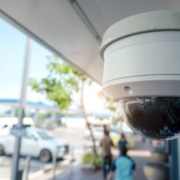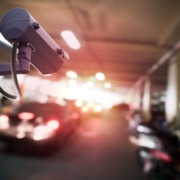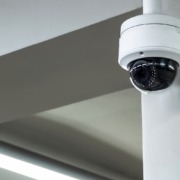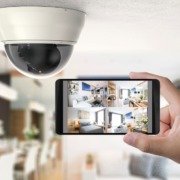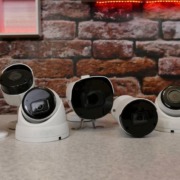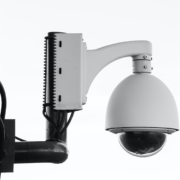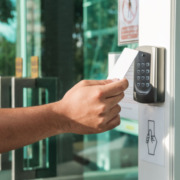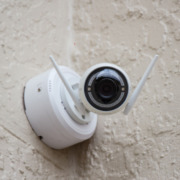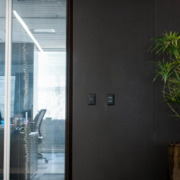How to Choose a Security Camera System for Your Business?
Your business’s security system is one of the most important investments you can make to protect its premises, employees, customers, and valuable assets. Whether you own a small store on the corner or manage an entire warehouse choosing the right security camera system for your business needs to be done right. Not only should it provide reliable surveillance coverage, but it should also be cost-efficient enough to fit any budget without sacrificing safety and quality.
With so many options available today, how do you find the best security solution to meet your specific requirements? In this post, we’ll discuss the essential characteristics your system should have and the factors you should consider before purchasing.
What to Look For in Security Cameras?
Motion activation, smartphone alerts, a good resolution, and night vision are some of the most desirable qualities in security cameras. Additionally, selecting a camera with a broad field of view is important to capture more extensive scenes and two-way audio that allows you to communicate with people inside and outside the premises.
More advanced features, such as built-in sirens and floodlights, can add an extra layer of security. At the same time, cutting-edge software capabilities like facial recognition or distinguishing between humans and other animals can help prevent malicious activity. Lastly, depending on your needs and budget, you should decide if you need a camera that records constantly or only when motion is detected.
Price and Quality
You want to ensure the highest quality without breaking the bank. Many security solutions offer a wide range of features, so defining what is necessary and what could be considered a luxury is important. Fortunately, some manufacturers provide security camera systems at various prices, so you can find something that fits your security needs and budget.
Installation
We highly recommend hiring a professional security camera installer for the installation process to guarantee a secure job. In most cases, you may need to make additional investments for the installation, such as power outlets or cables.
At MAX Video & Security, our security specialists have the knowledge and experience to install security systems in any environment, helping you maximize the security of your business.
Storage
Your security camera system should also have enough storage capacity to record footage constantly or when motion is detected. The security solution should also offer a cloud storage solution that eliminates the need for an additional physical security DVR (Digital Video Recorder) and allows you to store footage remotely in a safe environment.
Type of Camera
Think about the environment where they will be installed and choose accordingly. Outdoor security cameras should be weatherproof and have night vision capabilities. Indoor security cameras must be discreet, and many models can go unnoticed. Deciding whether the camera is wireless or wired is also important to consider.
Resolution
The security camera system you purchase should have a high resolution to ensure high-quality recordings. Today’s security cameras offer resolutions between 720p and 4K, so you can choose one to fit your security needs. Additionally, consider investing in higher-resolution security cameras if you need extra clarity in some areas.
What You Must Consider
When shopping for security cameras, it’s essential to remember your business’s security needs and what you are trying to protect. Additionally, cameras should balance security and privacy, be compatible with the existing infrastructure, allow remote access, and provide security alerts and notifications.
Area
The area will determine the size and type of security camera you need. For instance, multiple cameras should cover every corner if the property is large. Moreover, consider areas that require more attention and invest in high-resolution cameras to capture clear footage.
Lighting
Some areas may be dark or lack sufficient lighting, so consider investing in an infrared night vision camera to capture footage even in complete darkness. Additionally, some cameras have built-in light to provide extra lighting in dark areas.
Audio
Sometimes, you will also need audio to capture conversations and other sound effects. You should check if the camera supports two-way audio if that is the case. Cameras that capture sound are usually placed in lobbies, offices, or retail stores.
Make Sure You Have the Right Security System in Place
When selecting a security camera system, consider all the factors mentioned above. Quality cameras and security solutions are essential to protect your business from theft and other potential risks. With proper planning, research, and budgeting, you can be sure to find the best security solution for your business needs.
At MAX Video & Security, our team is here to help you find the right security camera system for your budget and security requirements. Contact us today to get started!

